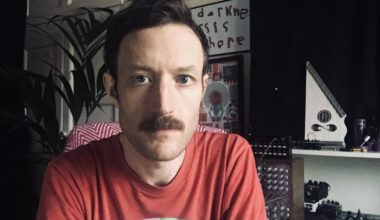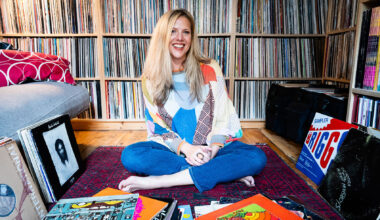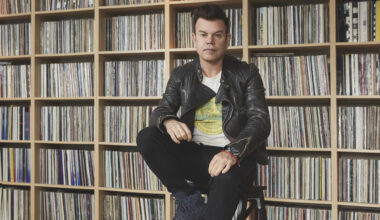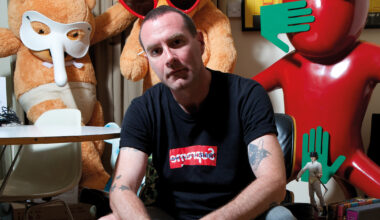Ever wondered about the influences that have shaped Alison Moyet? Well, wonder no more…
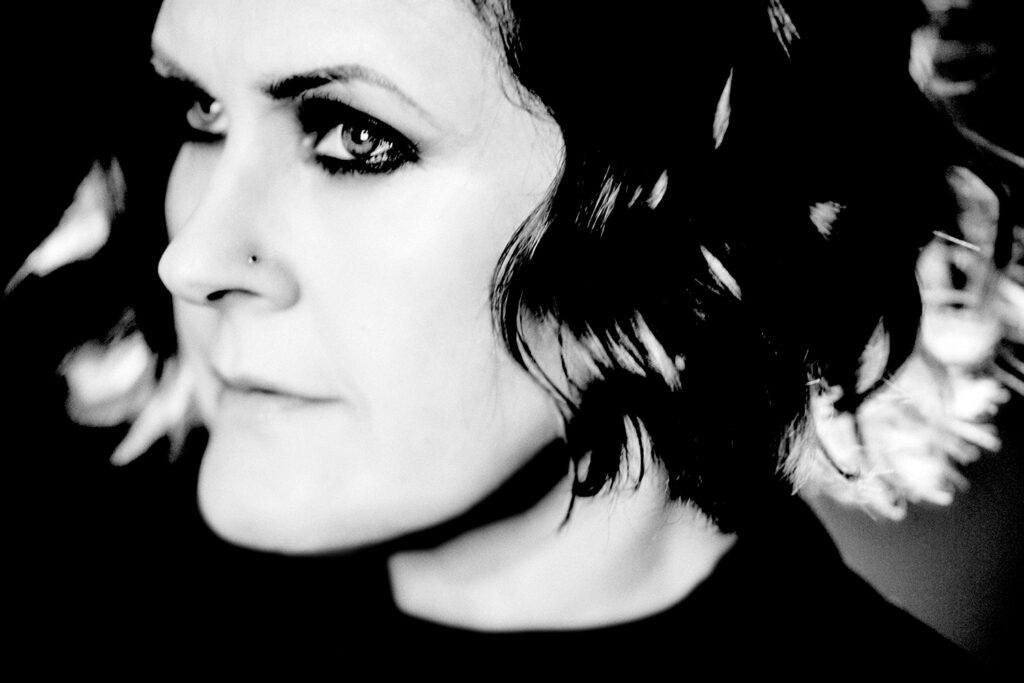
NON-MUSICAL INFLUENCES
“I’m not very familiar with anyone’s back catalogue. I’m not all that familiar with my own. I don’t listen to music. I’m an artist and I don’t know any artists. I write poetry and I don’t read books. I feel quite separate from popular culture, and yet I know that I will have been surreptitiously influenced by things. You can be just as influenced by things that you despise, as you can by things that you like. My non-musical influences are much more illuminating about who I am.”
KEEPING MY ACCENT
“Over the last few decades, I’ve become very aware of my accent, and very aware that I want to keep it. I grew up in Europe and the only Americanisms that came into our lives were via television. It’s one of the reasons that I can’t and won’t sing ‘Invisible’ on stage anymore. I don’t want American people to think I’m being biased against them, because I’m not, it’s just that I think it’s disingenuous to project yourself onto a culture that doesn’t touch you at all. I should be using the accents that I grew up around. So the language in that song, references to dimes, dead-end streets all those sorts of things, it just doesn’t resonate with me today.”
STAYING IN, NOT GOING OUT
“The fact of the matter is that I spent many years being, not exactly agoraphobic, but certainly staying in and not going out. I wasn’t really connected with the outside world. Even when I was in Yazoo, I wasn’t going out and I wasn’t hanging out with music people, so I was completely separate from the music industry. In some ways I think that has benefitted me today. I feel really happy when I get credit, but it’s not what boosts my self-confidence. I’m quite pleased when it’s gone again in a day’s time and I can get on with something else. Maybe I can sculpt something, or I can bake my daughter’s wedding cake, or I can write or walk and just observe.”
THE ENGLISH LANGUAGE…
“I’m dyslexic and, while my vocabulary is good and I write poetry, I can’t spell and I can’t punctuate well. For my mum, who died of Alzheimer’s, the last faculty she had, the last area of conversation she would be completely sound on, was punctuation. She’d be completely silent and might not speak for days and then she’d see an apostrophe out of place and vocalise it.
“I remember when I was a child and all the Americanisms were creeping into our lives, especially where the ‘u’ was dropped. It really mattered to my mother because she ordered her life through spelling and grammar. ‘The English U’ on my new album is my recognition of that, of wishing that. Even if I can’t ever be the person that she wanted me to be in terms of perfect literacy, I can still look out for the ‘u’ for her, and try to keep it in my words.”
… AND BEING BILINGUAL
“I left school without even a CSE in English, but books were always prevalent in our house. My mother always read to me, and so I always heard the spoken word. My mother was English, but my father was French so my language is mostly influenced by nursery rhymes and by the fact that I’m bilingual. When you translate things in your head from French to English, you realise that the French invert sentences. It gives a certain antiquity to my language. It’s just that twist: the way I translate from French into inverted sentences.
“Being half French has really influenced me too. My dad left school at 13 and he was a street fighter. He came from a real peasant family, who were completely impoverished.
Consequently, the Moyet family is very aggressive. There’s a lot of crying happening every day. I’m amazed when families fall apart. We’ve had our challenges, but there’s this solid connection between us, and this wonderful ability to be publicly emotional, to not be embarrassed by outbursts of emotion.”
WORKING MANUALLY
“I grew up in a very manual family. The first time my dad told me he was really proud of me was when I was in my mid-30s and I’d rewired the Hoover. These were the kinds of things that were really important in my family. Making something last or fixing something were things to feel really proud about.
“When we were at Southend Tech college, my friend and I ended up working at the Lesney factory that used to make Matchbox cars and toys. There was a night shift, from 11 at night to six in the morning, and God they were harsh in that factory. You got two five-minute tea breaks and one 20-minute lunch break. I had a really shit job too. I had to tie on the little cranes to the tractors, whereas my friend, who was really cute, got to test the electric cars. I was put completely on my own as well doing 2,000 a day. It was terrible, but there is definitely something to be said about making something.”
For more visit alisonmoyet.com

